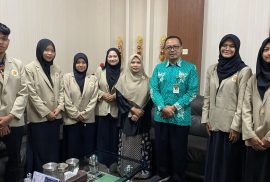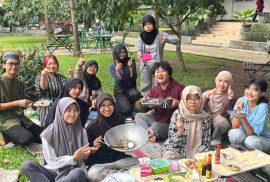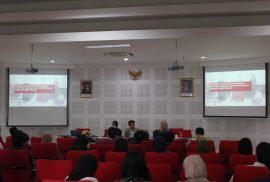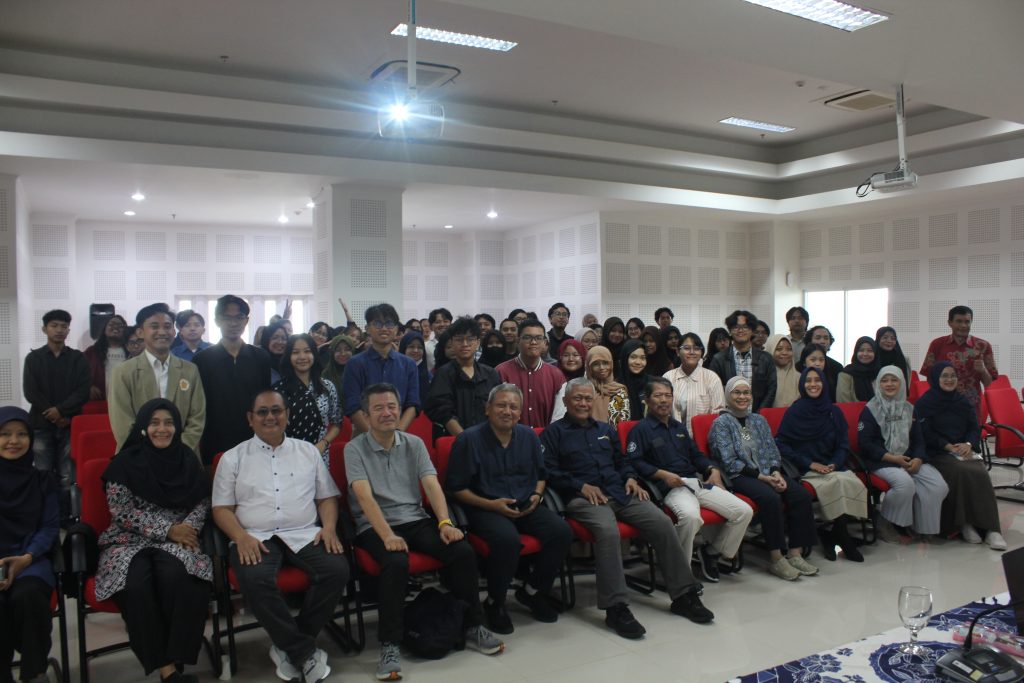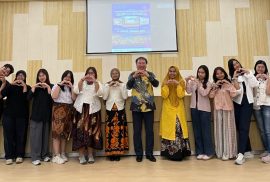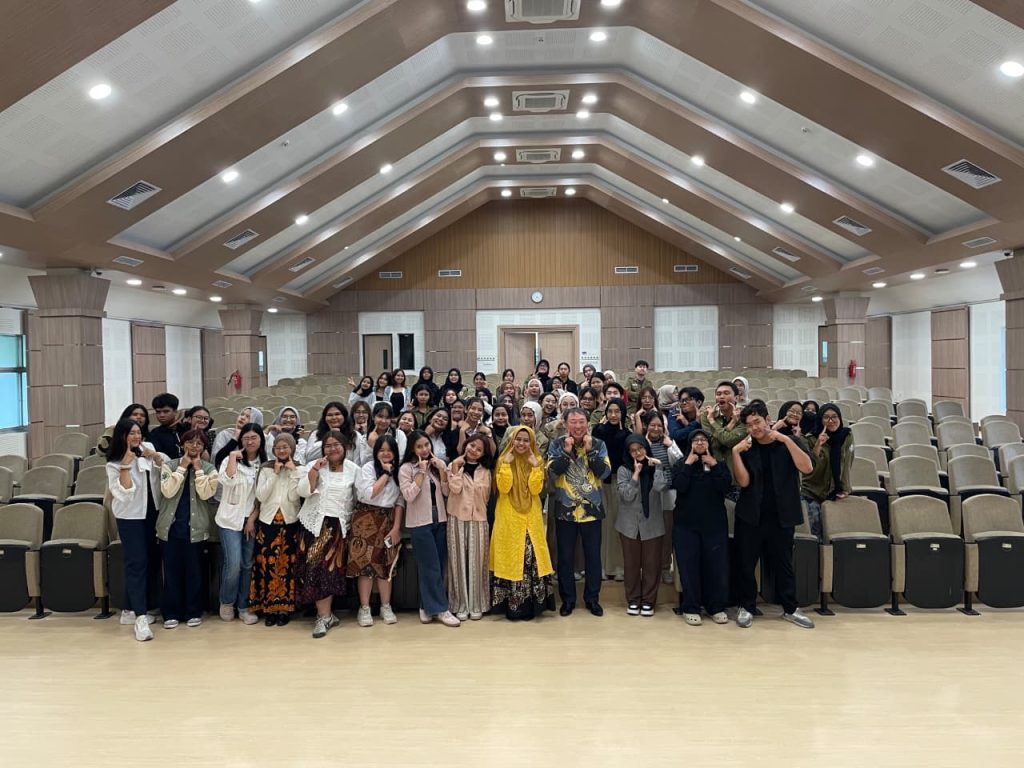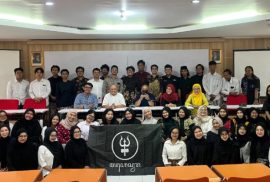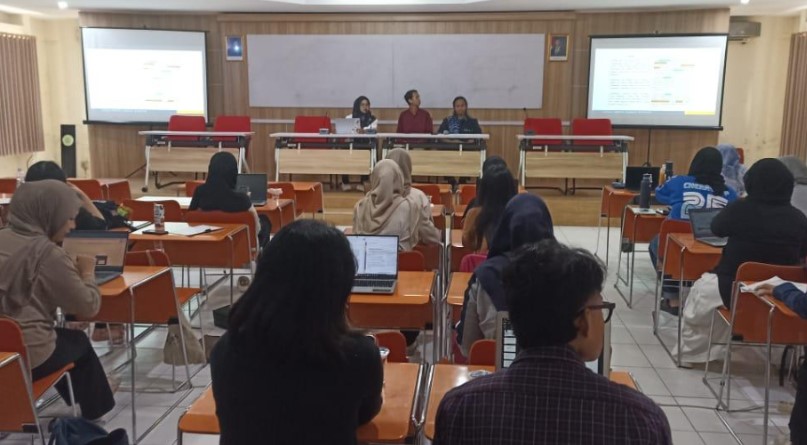Five students from the Arabic Literature Study Program, Faculty of Cultural Sciences, Universitas Gadjah Mada (FIB UGM), recently completed an internship at the Sleman Regency Office of the Ministry of Religious Affairs. The program spanned approximately three months, running from mid-September to the end of November 2025. This initiative provided students with the opportunity to hone both the hard and soft skills essential for their future careers. Their responsibilities were diverse, encompassing administrative management, archiving, public service, and event reporting.
To maximize their learning experience, the students were divided into two sections based on their specific areas of focus. Three students were assigned to the Madrasah Education Section, while the other two were placed in the Islamic Boarding School (Pondok Pesantren) Education Section.
This internship offered valuable insights into the operational mechanisms and procedures within government and educational institutions. Furthermore, it allowed the students to bridge the gap between their academic knowledge and real-world practical application.
Author : Sheila Adriani

